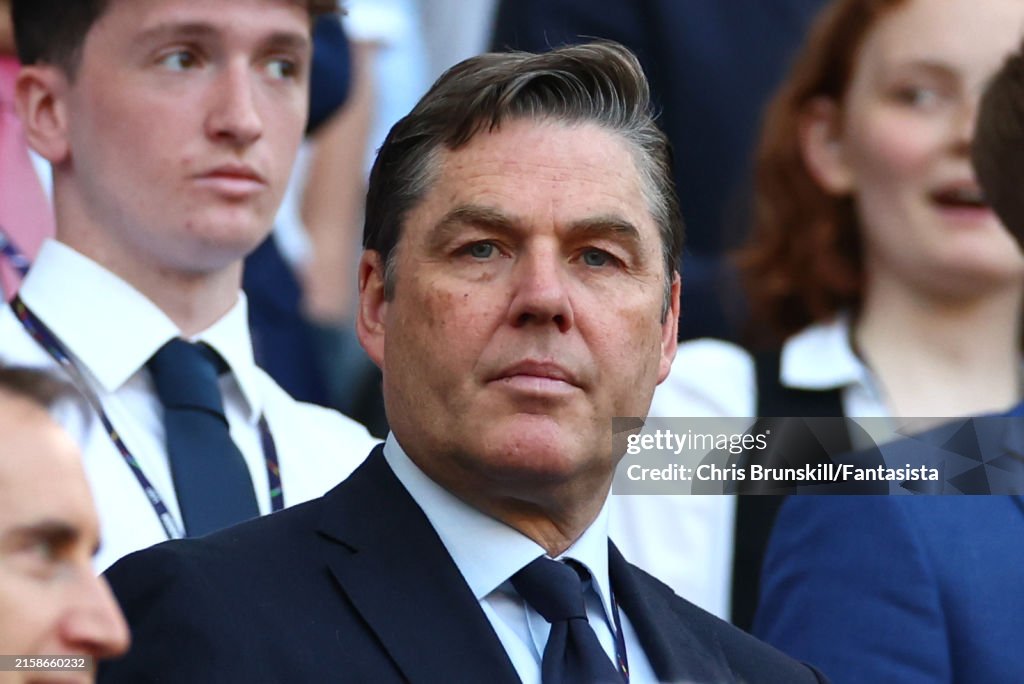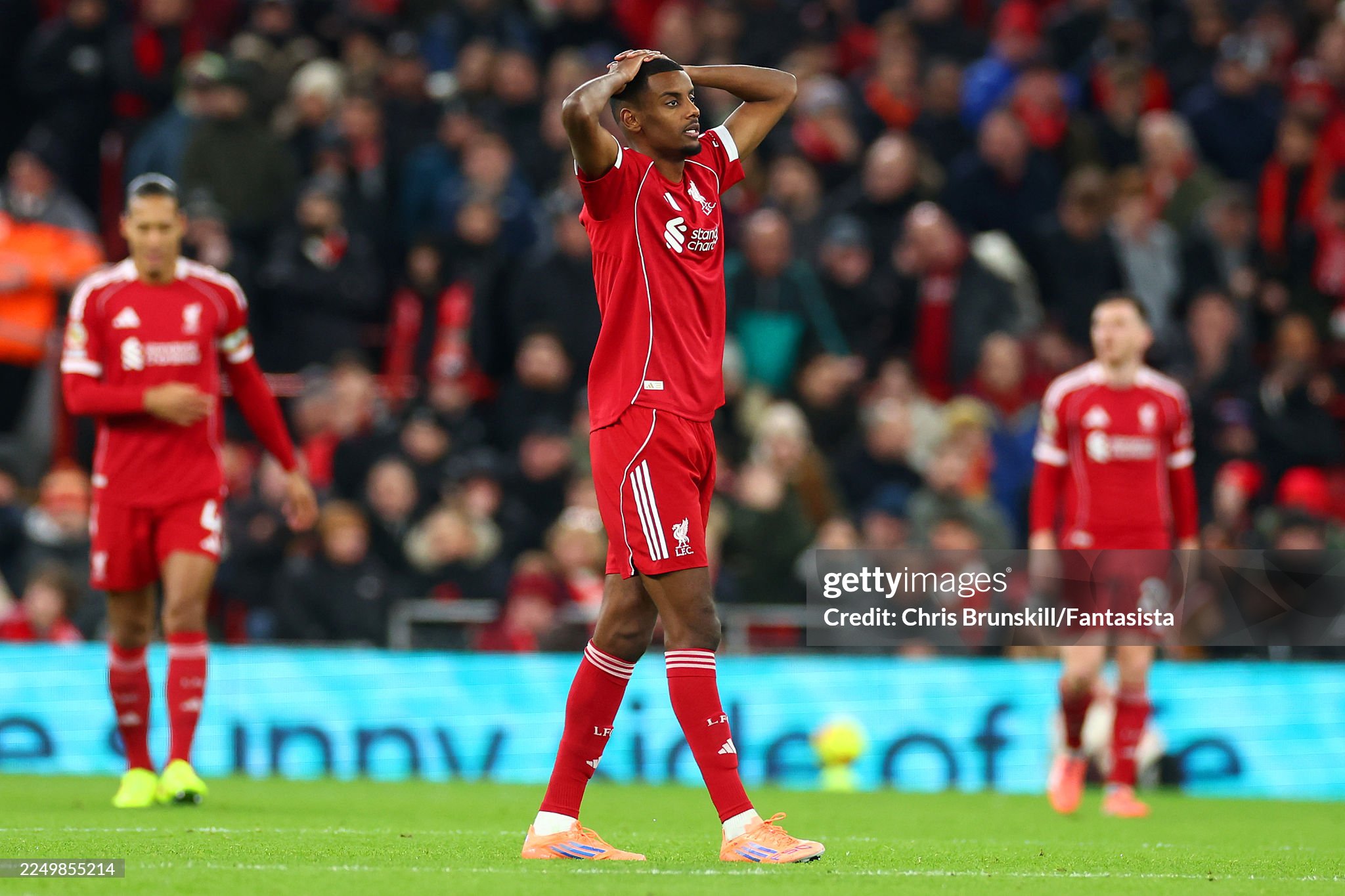Richard Masters rules out reducing the Premier League from twenty to eighteen clubs. The director of the English league thus opposes pressure from FIFA, which is struggling with an overcrowded match calendar.

The international calendar is bursting at the seams, and concerns about player welfare, fixture congestion, and the balance of power between domestic and global football authorities are becoming more urgent than ever.
The 2025/26 football season has barely begun, yet it is already under immense strain. It kicked off just three weeks after Chelsea defeated Paris Saint-Germain to claim the FIFA Club World Cup, and a mere two weeks after the final matches of the Summer Series, a set of international friendlies that stretched the off-season to its limits.
This relentless cycle has left little to no recovery time for players, coaches, and clubs. Concerns are mounting that the football calendar is approaching a breaking point, not just in England but across Europe and beyond. One of the most outspoken figures last season was Manchester City midfielder Rodri, who openly criticized the volume of matches and even suggested that a player strike should not be ruled out if conditions failed to improve. His words struck a chord with many professionals who feel that their physical and mental limits are being tested more than ever before.
In an attempt to relieve domestic pressure, France’s Ligue 1 took the bold step of reducing the number of participating clubs from twenty to eighteen for the 2023/24 season. While this gave French clubs a slight reprieve in terms of domestic fixtures, it raised further questions about whether other leagues, including the Premier League, might follow suit. But according to Premier League chief executive Richard Masters, such a move is off the table in England.
Masters has firmly rejected any notion of shrinking the Premier League, stating that the league’s twenty-club format has remained unchanged since 1994 and continues to serve the interests of English football. Speaking to the BBC, he emphasized that the Premier League must not be pressured into adjusting its format to accommodate global tournament expansions driven by FIFA and UEFA. He pointed directly to FIFA’s unilateral decisions to expand both the Club World Cup and the World Cup for national teams as examples of top-down changes that ignore the input and well-being of players and domestic competitions.
“I support FIFPRO and their criticisms of how FIFA has handled these reforms,” said Masters. “Major decisions are being made without consultation, and the knock-on effects are being felt across the entire football ecosystem.”
UEFA has also played a role in increasing pressure on the football calendar. The overhaul of European club competitions, starting from 2024/25, will introduce a new format with more group-stage matches. To accommodate these changes, English football authorities have already had to make sacrifices: FA Cup replays a long-standing tradition have been abolished, and the third round of the League Cup now spans multiple weeks to avoid fixture clashes. These changes, while necessary to free up dates, have sparked debates about the gradual erosion of domestic football heritage.
Masters is wary that such changes are not just logistical tweaks but reflect a broader shift in power and priority from national leagues to international governing bodies. “The pressure is constant. We’re being forced to make room for competitions we didn’t ask for and weren’t involved in planning. This cannot continue without damaging the identity and competitiveness of our own league.”
Yet Masters is also aware that the Premier League is not blameless in the rise of fixture congestion. Over the years, England’s top flight has grown into a global commercial powerhouse, with its own demands for international exposure, pre-season tours, and cup runs. The league has played a part in stretching the calendar to maximize revenue, often to the detriment of player rest and performance.
Efforts have been made in recent years to mitigate this. Clubs now enjoy slightly more flexible scheduling following European matches and around the busy festive period. However, tensions flared once again when Chelsea and Manchester City were denied requests to postpone their domestic fixtures after their participation in the Club World Cup. Both clubs argued that the lack of rest and preparation time put their players at risk, but their appeals fell on deaf ears.
“It’s a chain reaction of decisions outside of our control,” Masters explained. “FIFA announces a new tournament; UEFA adjusts their formats; broadcasters request more content and all of it trickles down to us. The burden ultimately falls on the players and clubs, and that creates unnecessary conflict within our own league structure.”
Masters’s comments come at a time when the debate over fixture congestion is reaching new heights. With new international competitions being added, such as the expanded Nations League and proposed intercontinental championships, there are growing fears that domestic leagues will be sidelined and reduced to feeder systems for the global football machine.
Calls for a global conversation on fixture reform are becoming louder, not just from administrators and coaches but also from players, unions, and fans. There is a consensus building that without coordinated planning and clear boundaries, the calendar will eventually become unsustainable. Whether FIFA, UEFA, and domestic leagues like the Premier League can come together to find a solution remains to be seen but for now, resistance like that shown by Masters may be the first line of defense for preserving the integrity of national competitions.
Updated: 12:11, 2 Aug 2025








